Today, Artificial intelligence (AI) is not just like a future alien on our planet. It is already adapted in our lives, we don’t even realize this fact. You wake up and see your coffee is already brewed, the temperature of your house is automatically adjusting according to the whether and your AI agent (Virtual assistant) is planning your day etc. These are the things that are happening now, you may relate. This is the real life of example of AI in everyday life today.
In this blog post, you will learn how AI in everyday life works, the benefits it brings, and the challenges it poses. Lets gets started!
How AI in everyday life is Transforming the world
Here is a quick overview of how AI is transforming our everyday life:
- Smart Homes: AI-powered devices like thermostats, lights, and security systems.
- Personal Devices: Virtual assistants like Siri, Alexa, and Google Assistant.
- Healthcare: Wearable devices and AI-driven health apps.
- Transportation: Navigation apps and autonomous vehicles.
- Entertainment: Streaming services and personalized recommendations.
Now lets explore each use case in detail.
AI in smart homes: Making life easier
AI in smart homes is changing the way we live by making our daily life tasks more convenient, energy-efficient, and secure. With AI-powered devices like smart thermostats, lights, and voice assistants, your home can now understand your habits and preferences.
For example, a smart thermostat learns and trains itself when you usually leave the house and adjusts the temperature automatically to save energy.
AI-powered lighting systems can turn lights on or off based on motion or voice commands, which creates a comfortable atmosphere while cutting down on electricity costs. These systems not only improve comfort but also help to reduce utility bills over time.
In addition to convenience, AI in smart homes also enhances safety and peace of mind. Smart security cameras can recognize faces and alert you if an unknown person is detected.
AI doorbells allow you to see and talk to visitors even when you are not home. Some systems can even detect unusual sounds like breaking glass or a smoke alarm and send you a warning right away. Overall, AI brings automation, safety, and efficiency into your living space, which makes modern homes smarter and life much easier for homeowner.
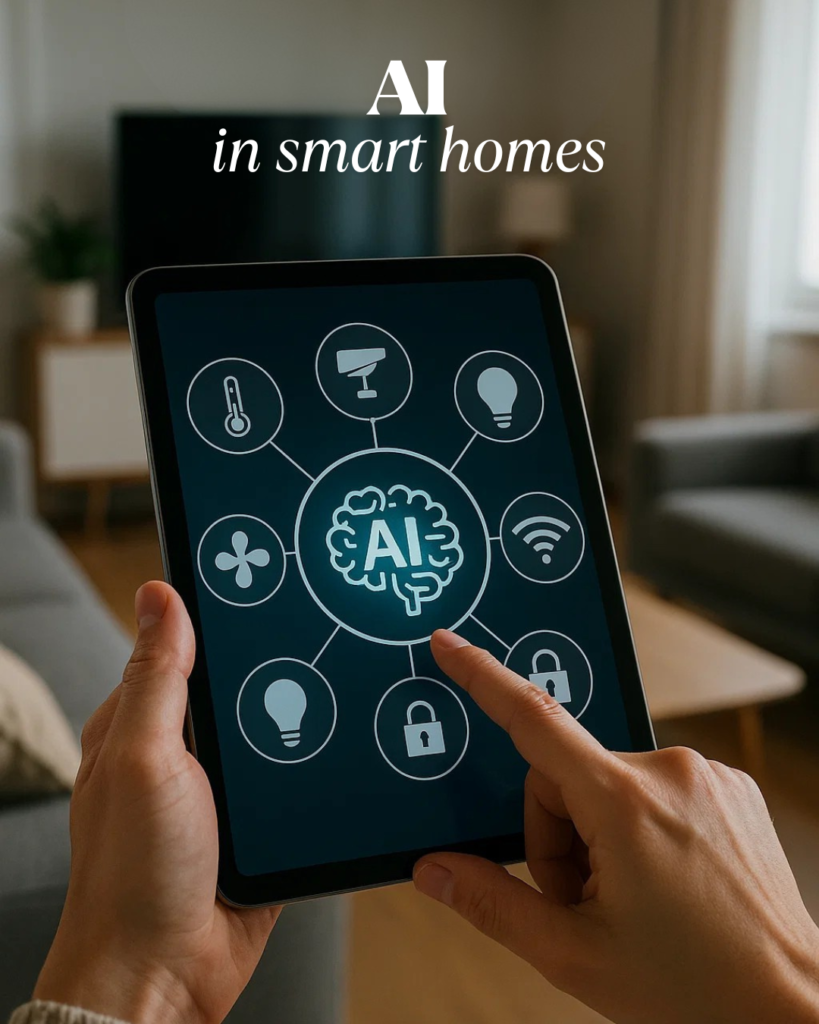
AI in healthcare: Personalized care at home
Artificial Intelligence (AI) is changing the working of healthcare department especially when it comes to patients care in the comfort of their own homes. With the help of smart devices, wearable health trackers, and mobile apps powered by AI, patients can now receive personalized care without the need to visit a hospital.
These AI systems can monitor vital signs like heart rate, oxygen levels, or sleep patterns in real-time. When something unusual is detected, alerts can be sent directly to doctors or caregivers, which made it possible to adapt early actions without getting any harm. This kind of remote monitoring gives patients more control over their health and helps to reduce emergency room visits or hospital stays.
As you know, AI learns from data. So, it understands the patient’s normal health patterns and can make more accurate predictions or suggestions. For example, an AI tool might remind the patient to take their medication, suggest healthier habits based on daily routines, or even adjust treatment plans to match their unique health needs.
This makes healthcare more personal, proactive, and convenient—especially for the elderly, people with chronic illnesses, or those who are living in remote areas. AI in home care is not just about technology, it is about to give people peace of mind and better quality of life right where they are most comfortable.
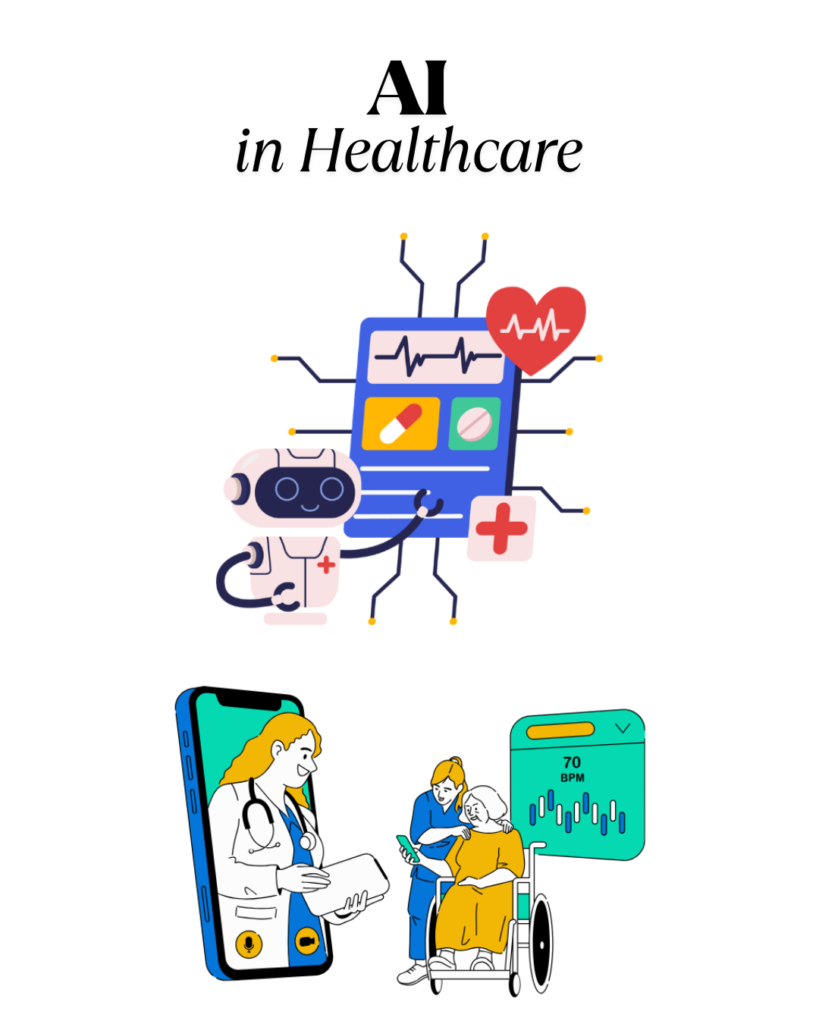
AI in transportation: Smarter commutes
Artificial Intelligence is transforming the way we travel, which makes our daily travel smoother, safer, and more efficient. From ride-sharing apps to smart traffic systems, AI helps to reduce travel time, avoid traffic jams, and improve road safety.
In many cities, AI-powered traffic lights automatically adjusts in real-time based on road conditions and traffic flow. This helps to reduce congestion and keeps traffic moving, especially during rush hours.
AI also powers navigation apps like Google Maps and Waze by analyzing traffic data, accidents, and road closures to suggest the fastest routes.
Public transport systems are also getting smarter. AI is used to predict bus or train arrival times, optimize schedules, and manage vehicle maintenance. For example, some buses use AI to alert drivers about mechanical issues before they become serious problems.
Key Benefits of AI in Transportation:
- Real-time traffic management and smart signals.
- Improved public transport scheduling and maintenance.
- Faster, more accurate navigation and route planning.
- Enhanced road safety with autonomous vehicles and driver-assist systems.
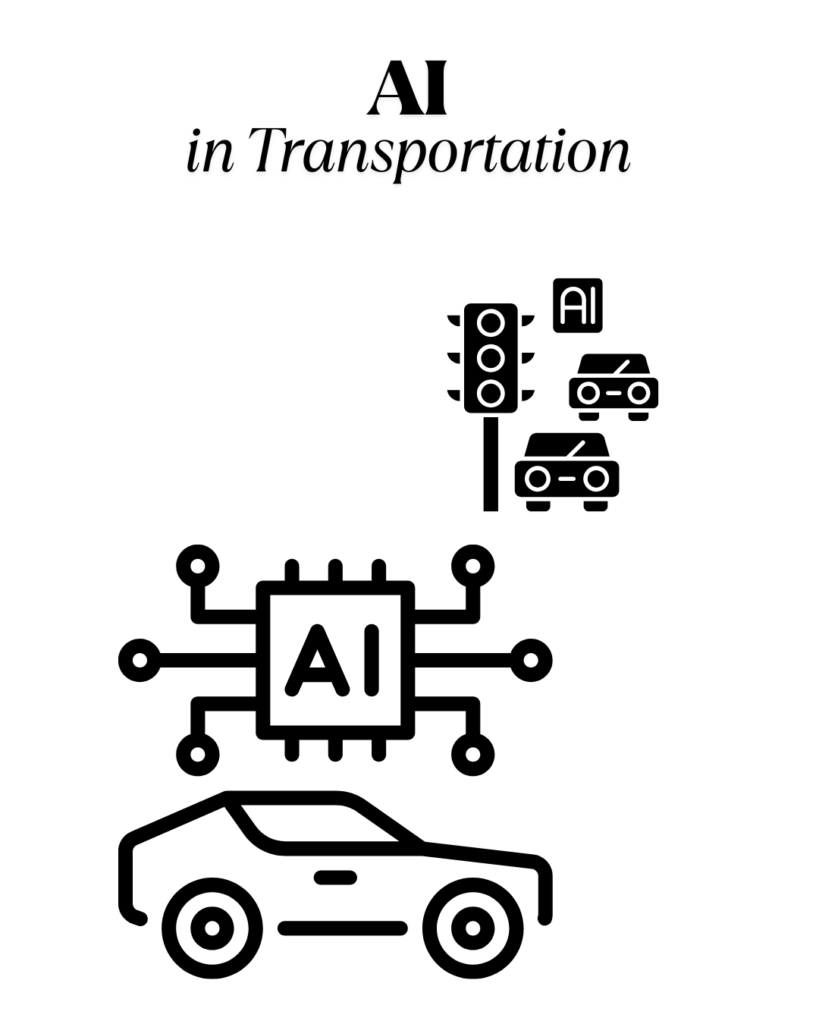
AI in entertainment: Personalized experiences
Artificial Intelligence is transforming the entertainment industry by making more personal and engaging experiences. Today, streaming platforms like Netflix, Spotify, and YouTube use AI algorithms to understand your preferences and suggest content tailored just for you.
These systems track what you watch or listen to, how long you engage with it, and even what you skip. Based on this data, AI creates recommendations that feel almost handpicked.
This personalization not only keeps the users happy but also helps the platforms to keep you coming back for more. Whether it’s suggesting your next favorite show or curating a playlist for your mood, AI helps to deliver entertainment that fits your taste perfectly.
But AI doesn’t stops at recommendations, it is also helps to create content. Filmmakers and music producers are using AI tools to edit videos, generate background music, and even write scripts. Some video games use AI to adapt the gameplay based on the player’s behavior, offering a more immersive experience.
Here’s how AI is enhancing personalized entertainment:
- Smarter Content Suggestions: Recommends movies, songs, and games based on your past behavior.
- Dynamic Storytelling in Games: Changes game plots based on your choices and actions.
- AI-Generated Music & Art: Produces unique content based on your style preferences.
- Real-time User Interaction: Chatbots and virtual assistants engage with viewers during live shows or events.
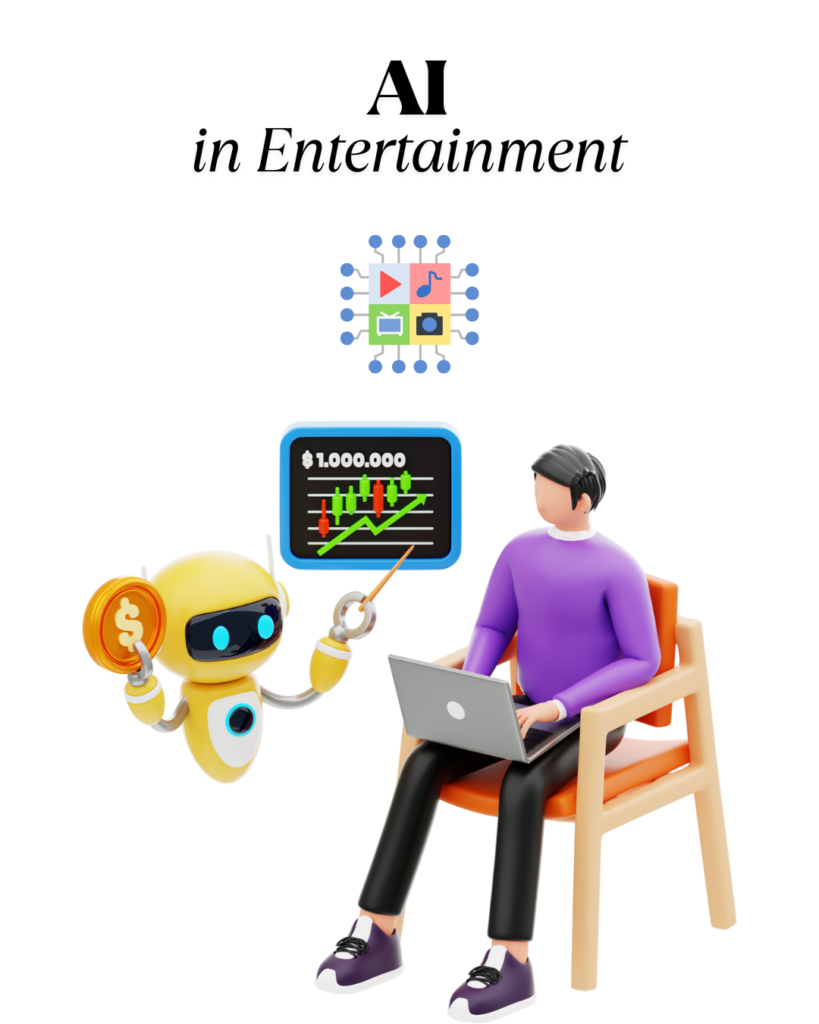
The future of AI in everyday life
Artificial intelligence (AI) is set to become an integral part of our daily lives in the coming years. From smart homes to personal healthcare, AI will make things more convenient, personalized, and efficient.
In the future, AI will also play a major role in health and well-being. We’ll see more AI tools that can detect early signs of illness, remind us to take medicine, or even monitor mental health through voice and behavior patterns. Education will also change, with AI offering customized learning experiences that adjust to each student’s pace and style. Here are a few ways AI might shape our everyday lives:
- Smarter homes: Fully automated living spaces that learn and adapt to your habits
- Personal healthcare assistants: Wearables that track your health and provide real-time advice
- AI tutors: Personalized lessons for students, available anytime
- Sustainable living: AI helping reduce energy waste and improve recycling
- Safer transportation: More reliable self-driving technology and traffic prediction tools
As AI continues to grow, it promises to make our everyday life more connected, easier, and tailored to each person’s needs—while also raising important questions about privacy and responsibility.
Ethical Concerns and Challenges of AI in Everyday Life
As AI becomes the basic part of our daily routines, it raises important ethical questions. One of the biggest concerns is privacy. Many AI tools collects personal data to work better—like your location, search history, or voice recordings. But not everyone knows how that data is used or who has access to it.
There is also the issue of consent. For example, AI in smart home devices might record conversations without clear permission. These concerns make people wonder if AI is crossing the line between helpful and invasive.
Another major challenge is bias and fairness. AI systems learn from data, and if that data includes unfair patterns or stereotypes, the AI might repeat or even worsen them. This can lead to problems like:
- Job screening tools that unfairly reject candidates
- Facial recognition systems that misidentify people of certain races
- Loan approval algorithms that deny credit to certain groups
To make AI truly helpful in everyday life, companies and developers need to build it responsibly. This means being transparent, testing for fairness, and putting people’s rights first. The goal should be AI that not only makes life easier but also respects everyone equally.
Conclusion: Embracing AI in everyday life
Although AI in everyday life feels very calm and exciting but AI dont only do what we are expecting from it. Sometime, it shows dual-use of technology which can effect our privacy and personal lives. So, the present and future of AI depends about us. How we use and build AI. By understanding the benefits and challenges we can make the outstanding technology that can benefit us in Realtime without any harm.
What do you think about AI in everyday life? Have you experienced its benefits or challenges? Share your thoughts in the comments below—we’d love to hear from you!
For more info about AI TRENDS visit my website THE SYNTELLIX!
Stay ahead of the curve with the latest insights, tips, and trends in AI, technology, and innovation.
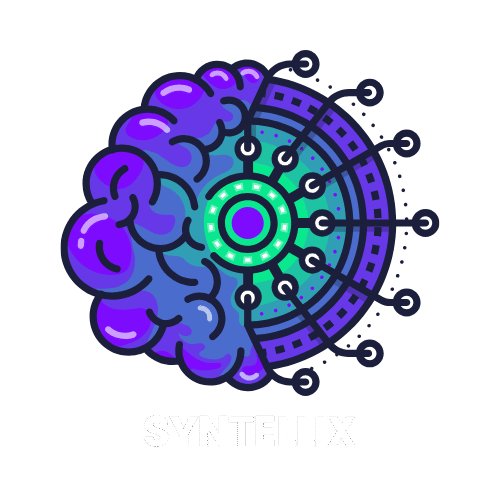
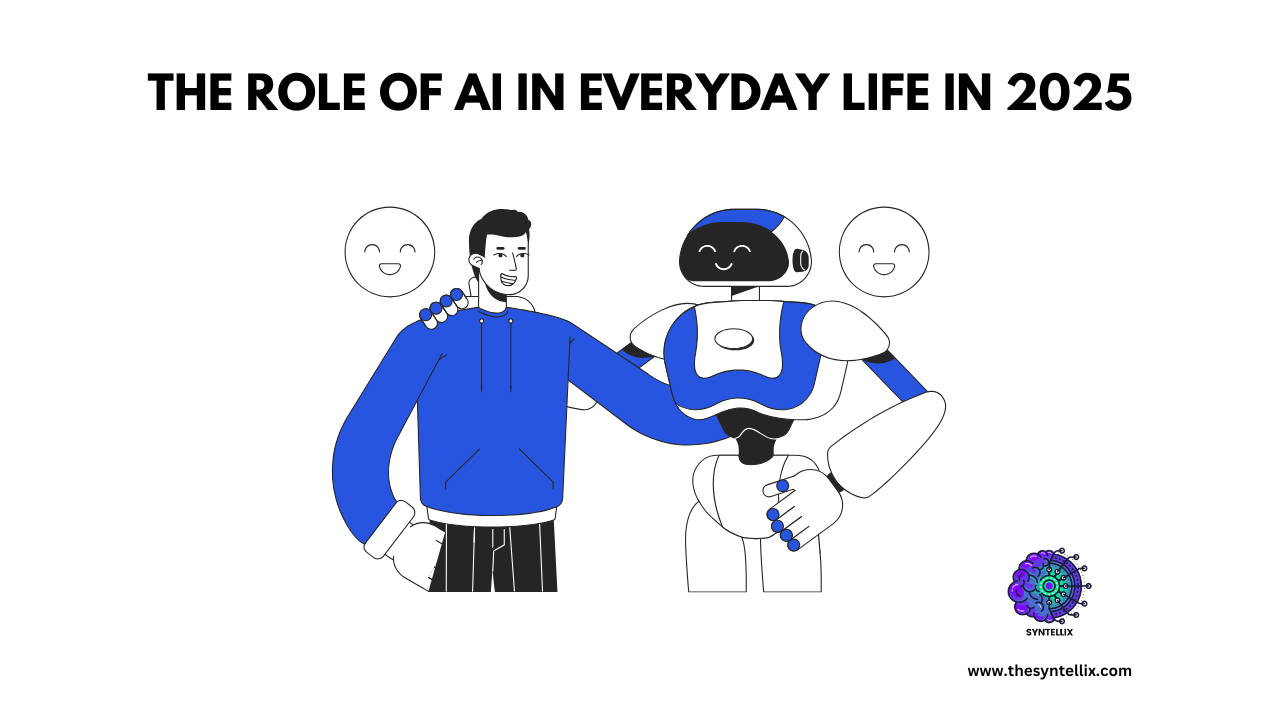
Did You Know? Cloudways makes cloud hosting a breeze, giving you a fast, friendly platform to build and grow your online presence.
Thanks for sharing this valuable post! Quick heads-up— the cheapest cloud web hosting just dropped its prices even further, but only until April 17th! Snag this unbeatable deal before it’s gone!
Great insight! Managing cloud servers often seems complex, but Cloudways takes the stress out of the equation. Their platform delivers powerful performance without the usual technical headaches. It’s an ideal solution for those who want scalable hosting without getting lost in server configurations. Definitely worth checking out for a smoother hosting journey. Keep up the excellent work! Explore more through the link.